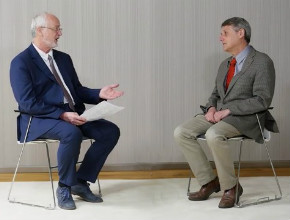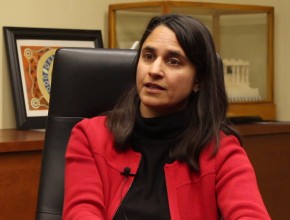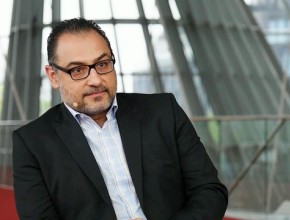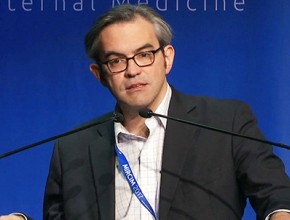References
Evidence-Based Medicine Working Group. Evidence-based medicine. A new approach to teaching the practice of medicine. JAMA. 1992 Nov 4;268(17):2420-5. PubMed PMID: 1404801.Roman Jaeschke, MD: Good afternoon. Welcome to another edition of McMaster Perspective. I would like to introduce a well-known guest, Professor Gordon Guyatt from McMaster University. The person who, for the purposes of today’s interview, coined the term evidence-based medicine (EBM). Gordon, you published and used this term for the first time about 20 years ago. I wonder what you would consider as the most important evolutionary point within this 20-year span in your understanding of EBM.
Gordon Guyatt, MD: Time goes quickly, Roman. It is 26 years ago that the term first appeared in the medical literature.
The most important evolution has been that the importance of patients’ values and preferences was not prominent for us. When we started, evidence was the focus. As things evolved, we realized what has become a third principle of EBM—the first 2 being we need systematic summaries of the evidence and the second that some evidence is more trustworthy than others. The third is, somewhat ironically perhaps, that evidence by itself never tells us what to do. That came about through confronting the fact that we have our benefits, we have our harms, and—obvious in retrospect but it is always interesting what is not obvious early on—we have to trade them off. And the trade-offs are often close. There are often some benefits and some harms and they are closely balanced. People value those benefits and harms differently. That means that in any particular situation the patients look the same, the choices look the same, but those patients when fully informed will give different choices. So the issue of values and preferences is now very important within EBM. Much more so than at the beginning.
Roman Jaeschke: Let me lead us to the next question. If I understand the concept properly, some people contrast EBM with personalized medicine, personalized medicine being the future.
Gordon Guyatt: We find this somewhat amusing. I give a talk called “EBM is personalized medicine” and I have written a couple of articles that EBM is personalized medicine. The points we make in those are first of all that EBM provides tools for looking at subgroup effects. It may be that the magnitude of a treatment in relative terms differs between the old and the young, between the sicker and the less sick. Differences in effects in relative terms are unusual. Differences in effect in absolute terms, which EBM points out, are very common. For instance, I am 64 years old, whether I take aspirin or a statin to reduce my risk of cardiovascular disease for me is a close call because I do not have underlying cardiovascular disease. Tomorrow, if I have my myocardial infarction, it will now be what one may call a no-brainer because my risk of having another heart attack or dying from cardiovascular disease will go way up and the absolute benefit will change. Here I am today, and I may be a different, unfortunate person tomorrow. The right decisions for me would change in a very personalized way.
We also point out the EBM tradition of n-of-1 trials, where you have an individual with a symptomatic condition, a short-acting treatment, and you give the treatment, take it away, give it, take it away in an organized way to personalize the care.
So relative effect seldom [differs], absolute difference in effects often [occurs], individualizing care with an n-of-1 approach [is something] we sometimes are able to do. But as I pointed out previously—always values and preferences. EBM teaches us to always personalize with the individual values and preferences. In all these ways EBM is personalized medicine.
Roman Jaeschke: If I see it correctly, EBM as evolved over the number of years up until now could be equated almost with personalized medicine if done properly.
Gordon Guyatt: Yes.
Roman Jaeschke: This answers the first question.
 English
English
 Español
Español
 українська
українська










